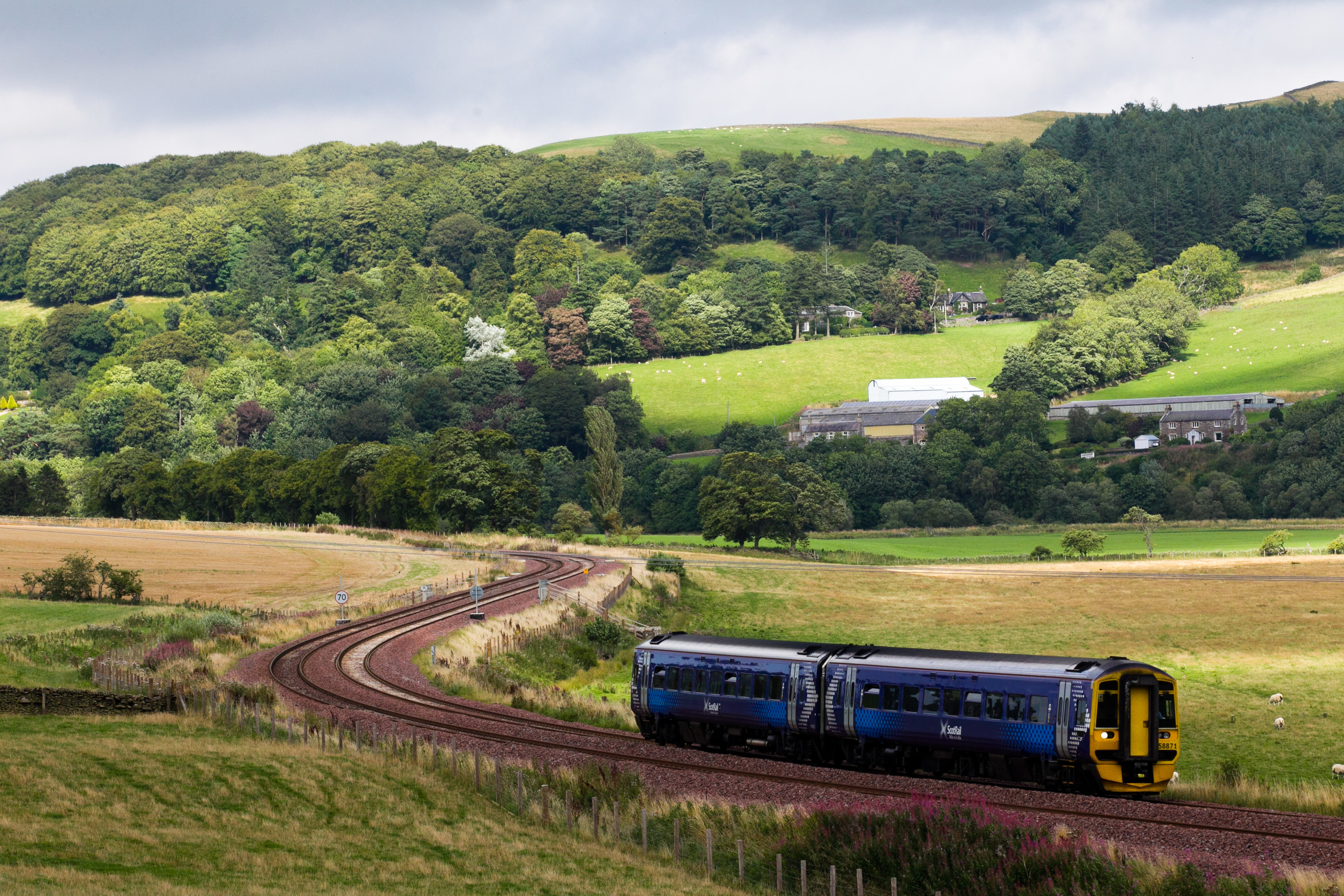
OUR revelation regarding ScotRail having to close electric car charging points across Scotland may raise a smile among some readers.
Yes, it’s ironic that a transport company has got in a bit of a mess when it comes to… er, transport… and that, in one case, it was even inadvertently pinching electricity from another firm.
However, once we’ve had our chuckle, there remains a serious point, and that is such issues highlight just how disjointed our transport policies really are.
You can’t just blame the current Scottish Government for this as the problem goes much deeper and much further back in time.
Faults force ScotRail to pull the plug on electric car charging points at stations
For decades those in authority, from ministers to town planners, have had a habit of making knee-jerk decisions that really don’t track or prepare for longer-term changes in society’s behaviour.
We’ve had commuter towns developed outside large cities – on cheaper land – with nowhere near enough thought given to how those residents will get to work.
We’ve had business premises and retail parks spring up outside town centres, again creating havoc in terms of traffic.
And we’ve had politicians telling us diesel cars will be off the roads by a certain date in the not-too-distant future.
Meanwhile, the ordinary person in the street doesn’t know whether they are coming or going. When they do try to change their habits – perhaps by purchasing an electric car or using the train – they are met with services that simply aren’t up to scratch.
Perhaps we should be more visionary when trying to ensure that our transport network caters for where we live, work and play.
At the moment, however, some of us are still being driven round the bend.

Enjoy the convenience of having The Sunday Post delivered as a digital ePaper straight to your smartphone, tablet or computer.
Subscribe for only £5.49 a month and enjoy all the benefits of the printed paper as a digital replica.
Subscribe